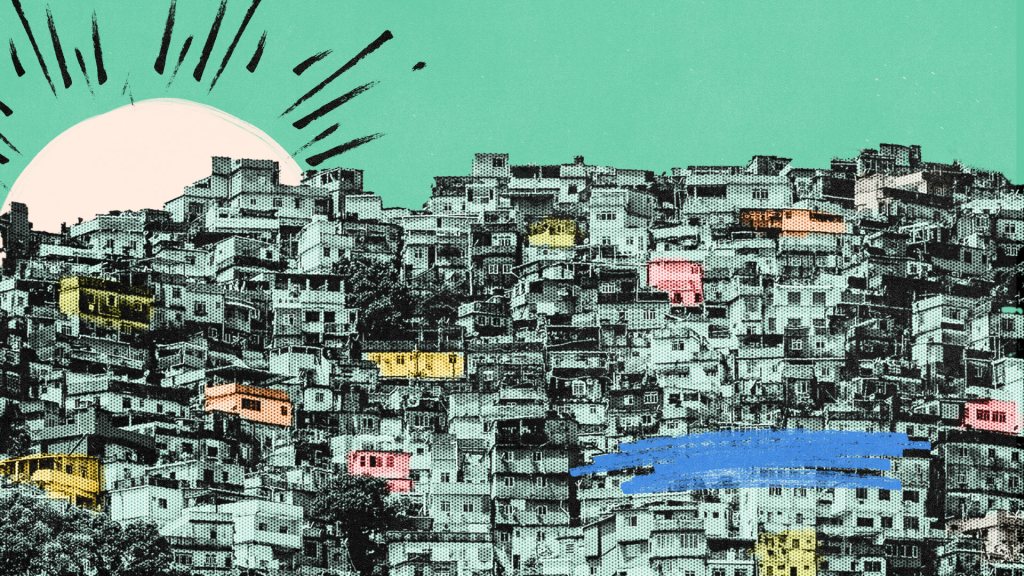Brazil

Since 1962, we have encouraged open debate and action on key challenges facing Brazil: strengthening democratic values, advancing international cooperation, and eradicating poverty and injustice. Our office in Rio de Janeiro has supported efforts to bring positive change to public systems and institutions that perpetuate inequality, discrimination, and exclusion.
In the early years of our work in Brazil, when the country was still under a dictatorship, we made grants for research and training in areas such as education, development, health, and the social sciences. The foundation played an active role in establishing and supporting several research institutions that have become pivotal national and international resources and centers of intellectual resistance.
As Brazil has changed, so have our strategies and our grantmaking. When democratization took hold in the late 1980s, our priorities shifted toward democratic governance and political participation, women’s rights, antidiscrimination efforts, public security issues, reproductive health, and the new social environment challenges.
The consolidation of democracy has guided the foundation’s priorities. But for Brazil to reach its full potential, electoral democracy is not enough. Brazil’s greatest challenge is to overcome deep inequalities perpetuated by key institutions and systems, as well as enact the full implementation of rights and principles set forth in the country’s 1988 Constitution.
Most recently, our work in Brazil has focused on addressing inequalities in the areas of human rights, racial justice, land rights and natural resources, and media rights.